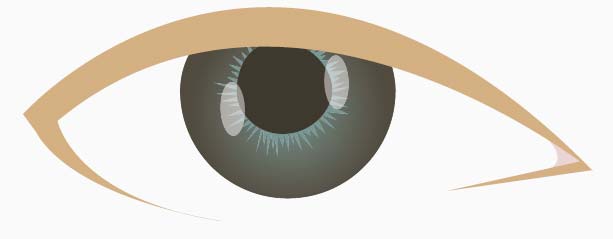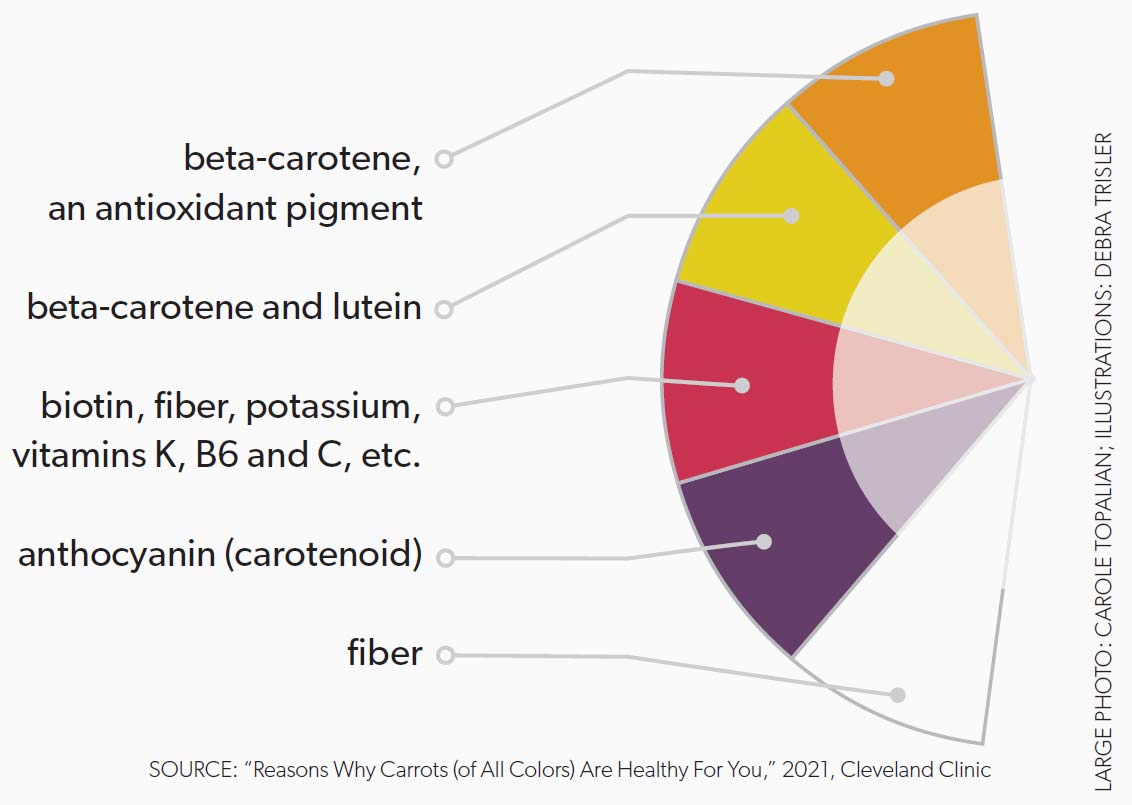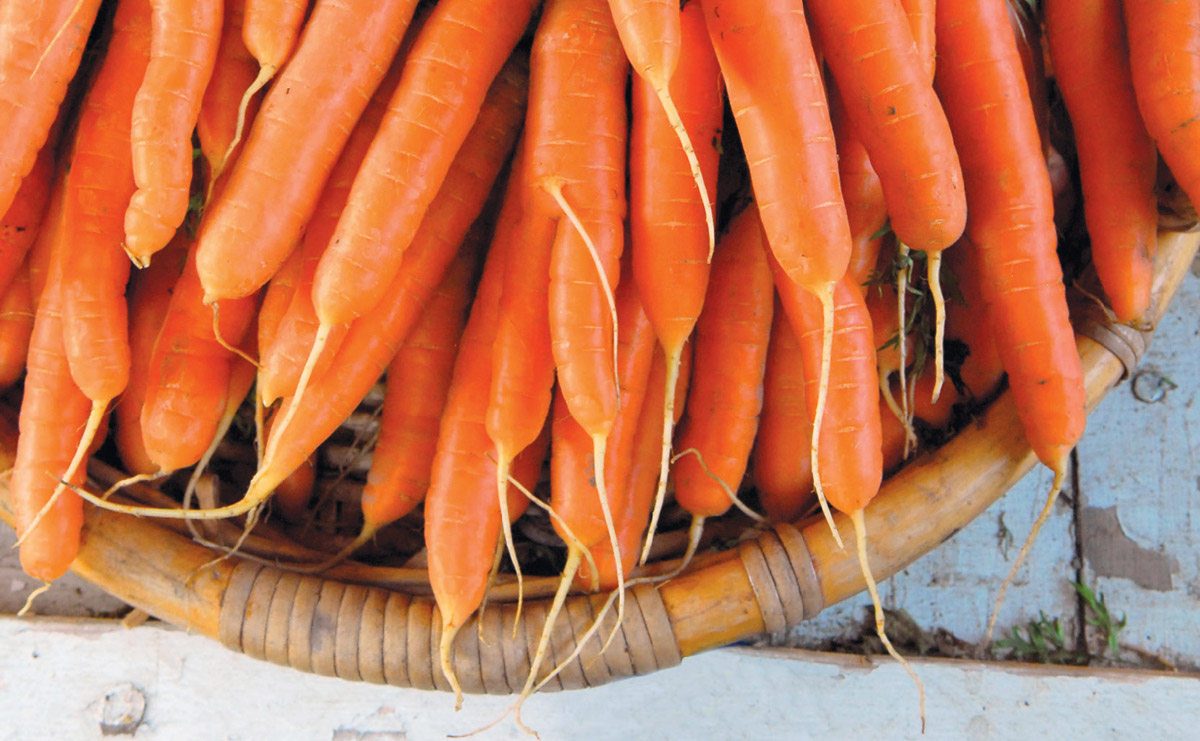What's in Season in New Jersey in Winter - Carrots
Thanks to their colors and nutritional value, carrots will brighten your plate as well as your health this winter.
season:
Harvested in New Jersey primarily from June through November, these hardy root vegetables are available year ’round.
at the market:
Look for brightly colored, fresh-looking carrots with green tops, free of bruises and rot. If packaged in bags, make sure carrots do not have cracks or long root hairs.
store:
Remove the leafy green tops immediately as they can rob the freshness from the root. Store up to two weeks in the refrigerator. Carrots that have gone limp can often regain their crunch by being placed into ice water.
wash:
A fresh carrot does not need to be peeled. Just give it a good rinse or scrub it with a vegetable brush in cold water.
cook:
Carrots can be steamed, boiled, baked, roasted, and grilled. Avoid overcooking; carrots are best served al dente. Of course, for a healthy snack just rinse and serve.
Fact or Fiction:
Will eating carrots improve your vision?
ANSWER: Yes … and no.

According to the American Academy of Ophthalmology, carrots have high amounts of vitamin A, a nutrient essential to maintaining healthy eyesight. However, while eating foods rich in vitamin A can help you maintain good eyesight, and possibly avoid age-related eye disease, it won’t improve your vision or keep you from needing glasses.
EAT THE RAINBOW
Carrots come in a variety of colors and all are packed with nutrients. Here is a short look at which nutrients create each hue.

What’s in a Carrot?
Carrots are an excellent source of beta-carotene, which the body converts to vitamin A, an important antioxidant for vision and immune health.

ORANGE you ORANGE?
Eating too many carrots can cause your skin to turn orange. This temporary discoloration is caused by the beta-carotene in the carrots and usually only occurs aft er one consumes an abnormally high amount. Your skin should quickly return to normal.






